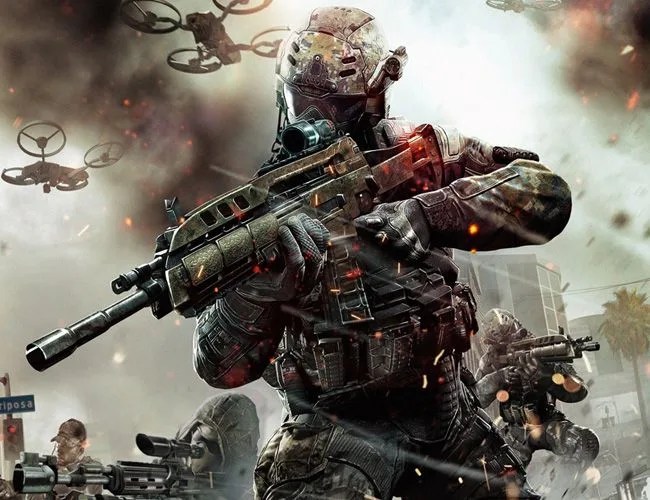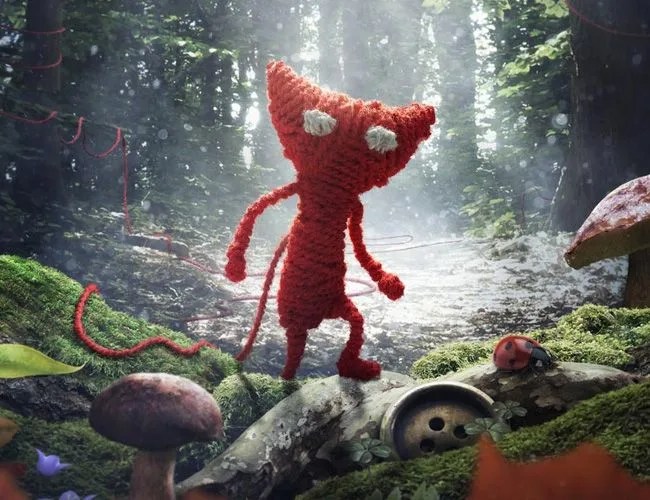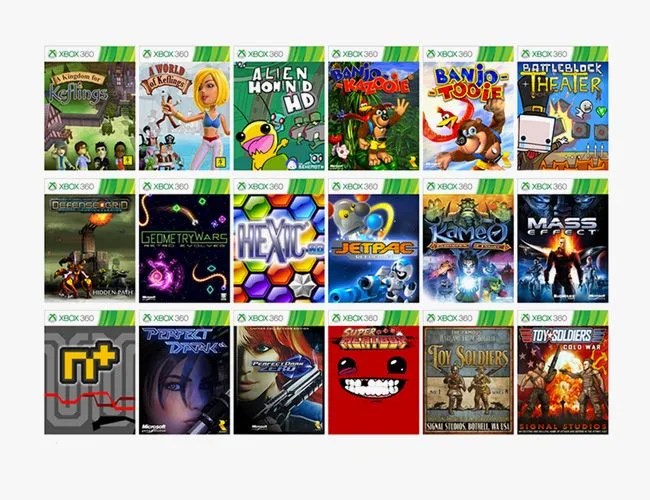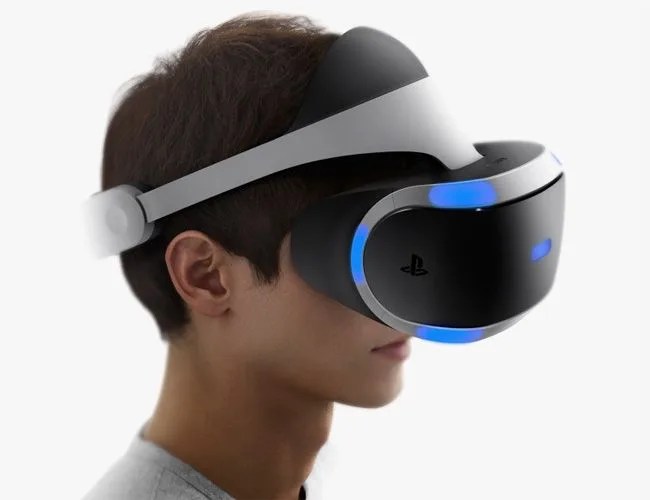Like a melodramatic boss fight, we thought E3 was dead, and then it came back bigger and stronger. After its meteoric rise in the mid ’90s and early 2000s, the annual annual four-day video game conference known as “E3” downsized back in 2006, leading many to declare doomsday. And indeed, the years that followed were marked by Sony and Microsoft’s confounded attempts to appeal to a wider audience while still appeasing their “hardcore” fan bases.
So after nearly a decade of increasingly stale franchises, not-so-big next-big-things (motion control, anyone?) and PR nightmares, why are some calling E3 2015 the best installment in years? That depends who you are.
Franchises Were Out in Force

Like sequels? Then steel yourself: Assassin’s Creed Syndicate. Call of Duty: Black Ops III. Fallout 4. Gears of War 4. Just Cause 3. Kingdom Hearts 3. Uncharted 4. Dishonored 2. New installments and expansions for franchises like Star Wars, Destiny, Deus Ex, Fable, Hitman, Need for Speed, Mirror’s Edge, a slew of Tom Clancy games (some new, others, a long time coming). Hell, even Shenmu, a cult favorite from the Sega Dreamcast, is getting a sequel, albeit a Kickstarter-funded one.
But Indie Titles Are Still Making Waves



